
Ginkgo Biloba: Ancient Leaf, Modern Power — Health, Medical & Homemade Benefits
Ginkgo biloba is one of the oldest tree species on Earth, often called a living fossil due to its survival for more than 200 million years. It has been treasured in traditional wellness practices, especially in East Asia, where its leaves, seeds, and extracts have been used to support cognitive function, promote circulation, and enhance overall vitality. Its unique blend of active compounds — including flavonoids, terpenoids, and antioxidants — makes it a powerful natural plant with remarkable benefits for both body and mind.
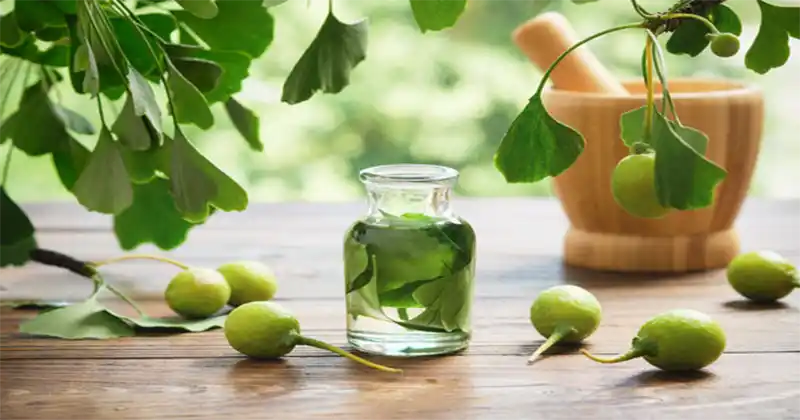
Today, ginkgo remains one of the most researched botanical supplements in the world. Beyond supplements and capsules found in stores, this plant can also be used at home in natural forms — through teas, homemade tinctures, powders, and even topical applications.
4. Antioxidant Protection
Rich in flavonoids and terpenoids, ginkgo combats oxidative stress — a key factor in aging and modern lifestyle fatigue.
5. Mood & Stress Support
Some individuals find that ginkgo helps maintain calmness, supports emotional balance, and helps the body respond better to stress.
6. Eye & Vision Health
Ginkgo may help protect retinal cells and support circulation to the eyes, which contributes to healthy vision aging.
7. Heart & Vascular Support
Traditional use and modern research both point toward ginkgo having potential cardiovascular benefits due to improved blood flow and antioxidant support.
8. Hearing & Tinnitus Relief Support
Ginkgo is traditionally used to help support ear blood flow, making it popular among those experiencing ringing in the ears.
9. Supports Lung Function
Traditional uses also included benefits for breathing comfort and overall lung wellness, especially during seasonal changes.
10. Supports Sexual Vitality
Ginkgo’s circulation-boosting effects can support natural vitality, reproductive health, and sexual energy.
Homemade Benefits & Practical Uses
1. Ginkgo Tea for Everyday Cognitive Support
A simple tea made from dried leaves is one of the most popular natural ways to enjoy ginkgo. It provides gentle brain and circulation support.
2. Ginkgo Tincture for Potent Daily Drops
A homemade alcohol-based tincture extracts powerful compounds, allowing you to take a few drops daily for ongoing wellness.
3. Ginkgo Powder for Smoothies & Tonics
Grinding dried leaves into a fine powder allows easy mixing into drinks, golden milk, herbal blends, or honey.
4. Skin-Soothing Ginkgo Infused Oil
Oils infused with ginkgo can be massaged into the skin to promote rejuvenation and support microcirculation.
5. Ginkgo Foot or Hand Soak
Boiling leaves in water and using it for a warm soak may help comfort cold hands and feet caused by poor circulation.
Detailed Ways to Prepare Ginkgo Biloba at Home
Ginkgo Tea
Ingredients
- 1 teaspoon dried ginkgo leaves (or 1 tablespoon fresh chopped)
- 250 ml hot water
Method
- Boil water and remove from heat.
- Add ginkgo leaves.
- Steep 8–10 minutes.
- Strain and sip warm.
Tip: Combine with lemon balm or mint for flavor.
Ginkgo Tincture (Strong Herbal Extract)
Ingredients
- 1 cup dried ginkgo leaves
- 40% alcohol (vodka or brandy)
- Glass jar with lid
Preparation
- Fill the jar halfway with dried leaves.
- Cover with alcohol completely.
- Seal and store in a dark cabinet.
- Shake daily for 4–6 weeks.
- Strain and transfer to a dark dropper bottle.
Dosage
10–20 drops in water, once or twice daily.
Ginkgo Leaf Powder
- Dry leaves completely.
- Grind them using a coffee grinder.
- Store in a glass jar away from light.
How to Use
- Mix ½ teaspoon in warm tea, honey, juice, or smoothies.
Ginkgo Oil for Skin
Ingredients
- Handful of dried leaves
- 1 cup carrier oil (olive, almond, or coconut oil)
Steps
- Warm oil gently (don’t boil).
- Add leaves.
- Let steep on very low heat for 20 minutes.
- Cool, strain, and bottle.
Apply to temples, hands, legs, or feet for circulation support.
Safety & Precautions
Ginkgo is generally considered safe when used correctly. However:
- Avoid if pregnant or breastfeeding unless advised by a professional.
- People on blood-thinning medication should be cautious.
- Start with small doses if you’re new to it.
- Seeds should not be eaten raw — they can be toxic.
Ginkgo biloba remains one of nature’s most extraordinary plants for the brain, circulation, and long-term vitality. Whether enjoyed as a tea, tincture, powder, or oil, it offers a valuable natural addition to a wellness routine. With centuries of traditional use and modern support for its benefits, ginkgo continues to earn its respected place in natural wellness.
Disclaimer
This article is for educational purposes only and does not replace medical advice. Always consult a healthcare professional before using herbs, especially if you take medication or have health conditions.
News in the same category


Mullein: Exploring the Benefits of Leaves, Flowers, and Roots
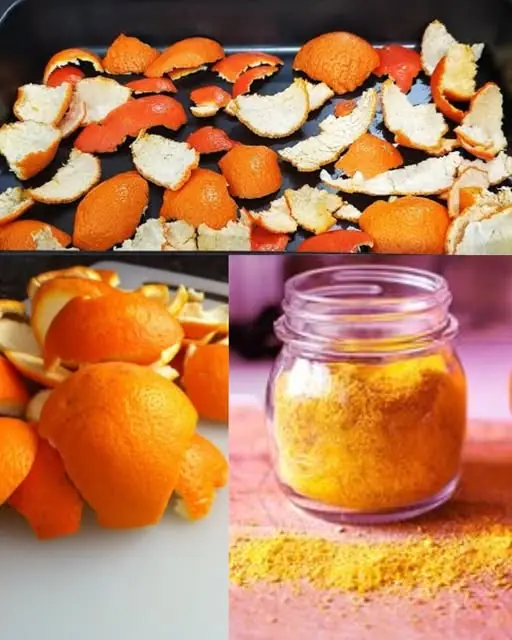
The Versatility and Benefits of Orange Peel Powder

The Hidden Power of the Honey Locust Tree (Gleditsia triacanthos): Health, Healing, and Everyday Uses

Leaf of Life – The Healing Plant Growing in Your Backyard (And You Had No Idea!)

Benefits of this plant for the elderly: a natural ally for healthy aging

🌿 Natural Colon Cleanse: Myths, Facts, and Healthy Ways to Support Digestive Health
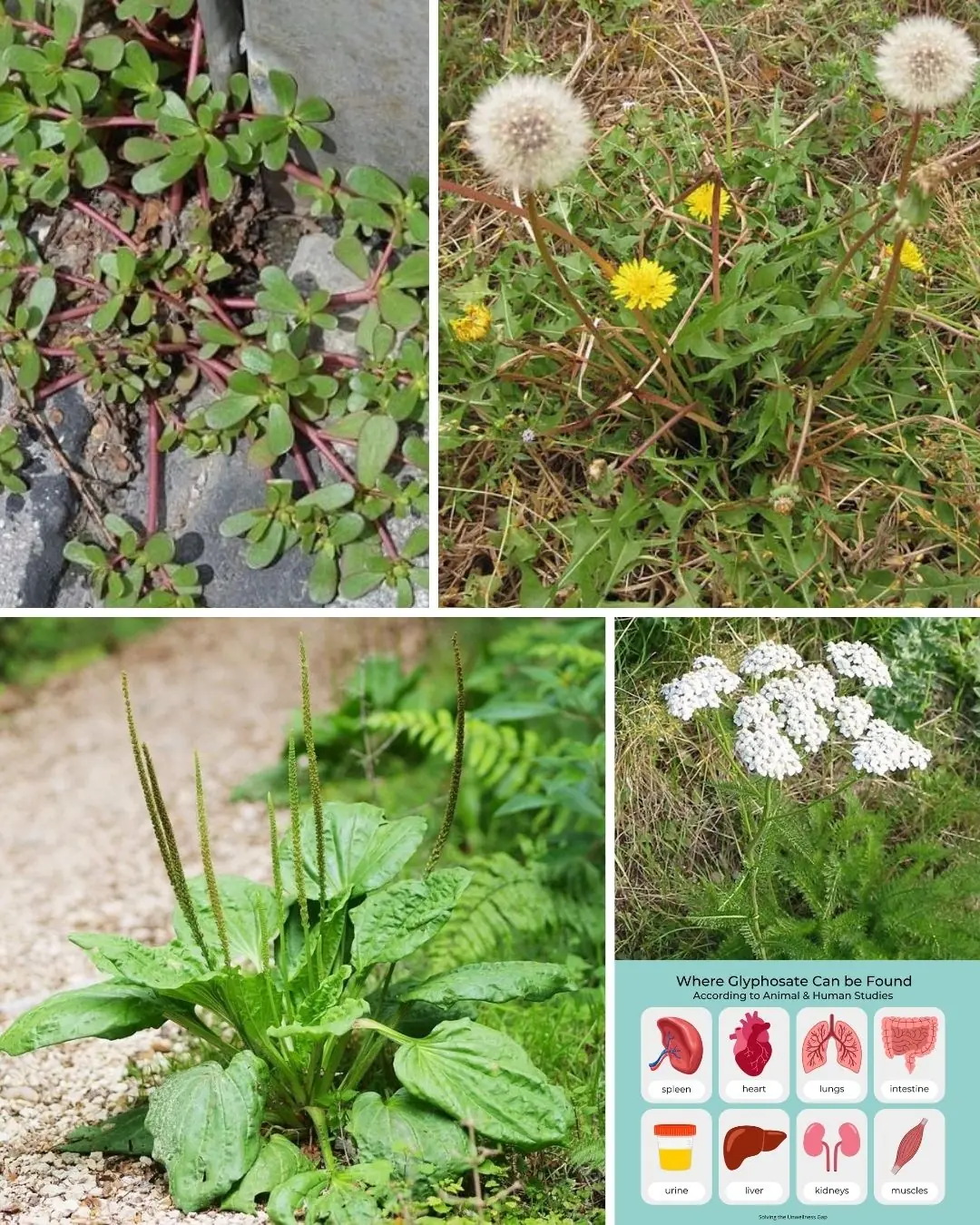
Weeds or Wonders? Discover the Hidden Treasures in These 4 Common Plants

The Hidden Power of Pine Nuts: Benefits, Nutritional Strength, and How to Use Them

10 Secrets You Need to Know Before Eating Okra
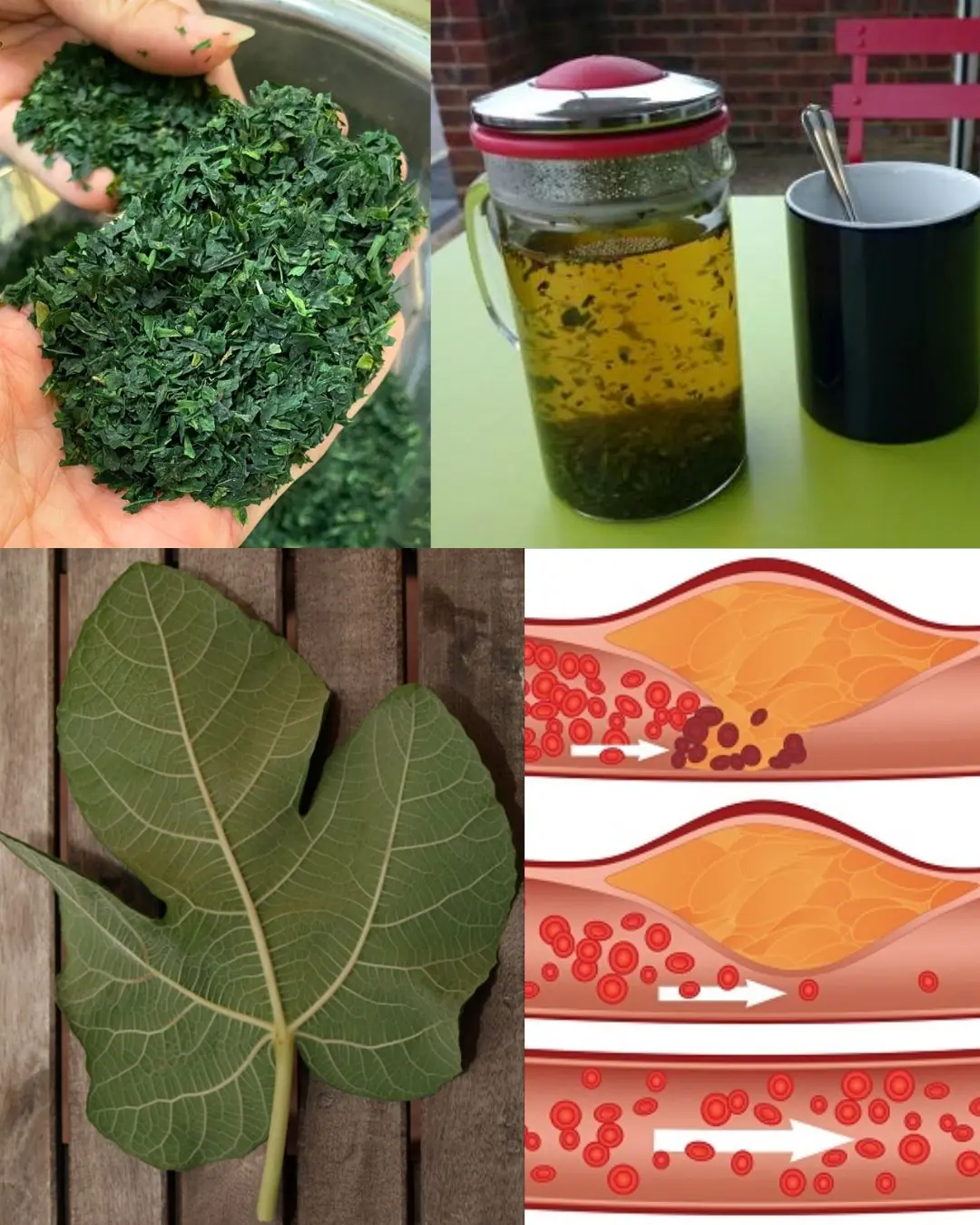
The Hidden Healing of Fig Leaves: Natural Support for Diabetes, Digestion, and More
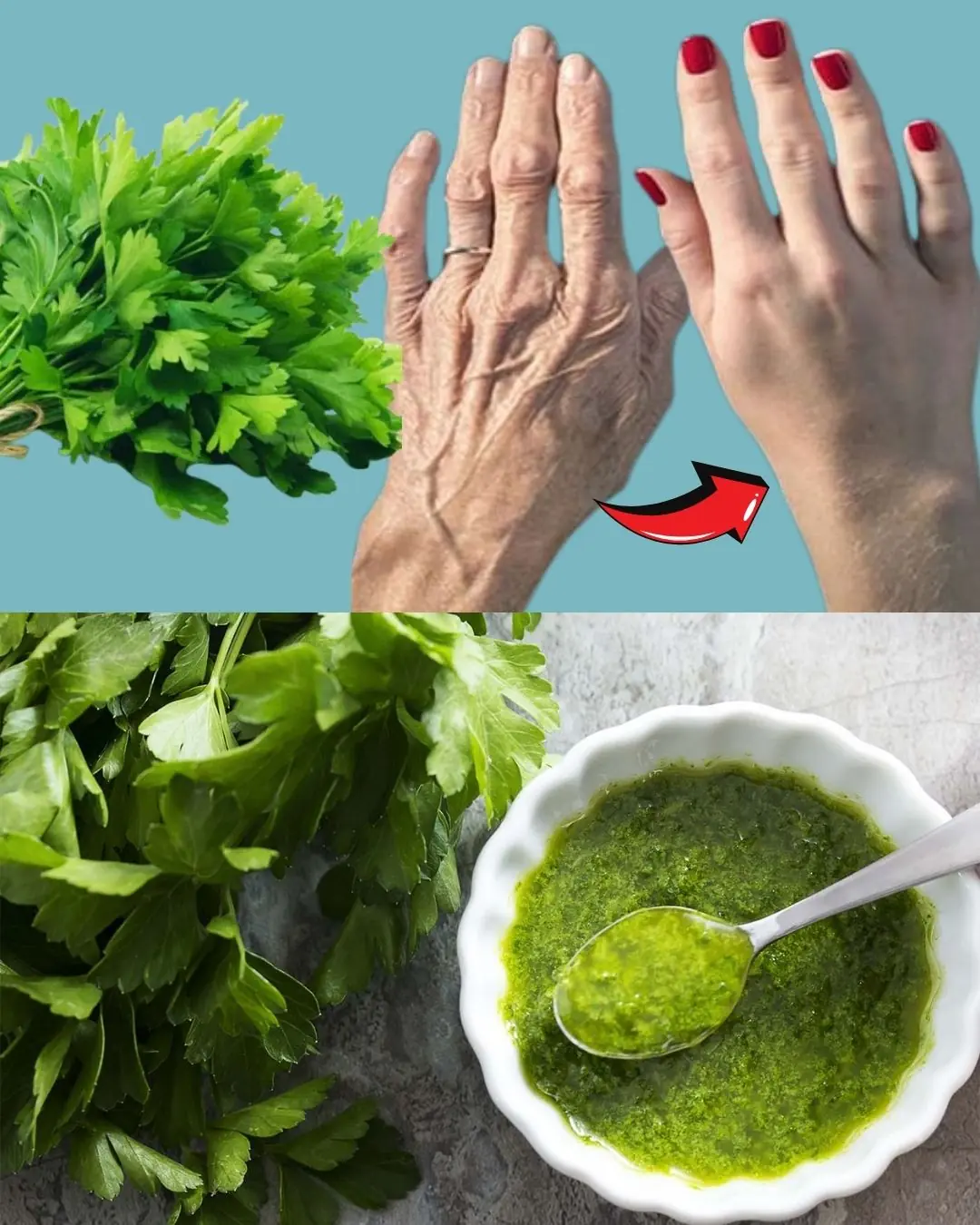
With This Cream, My Grandmother Looked 35 at 65 – The Best Collagen Mask
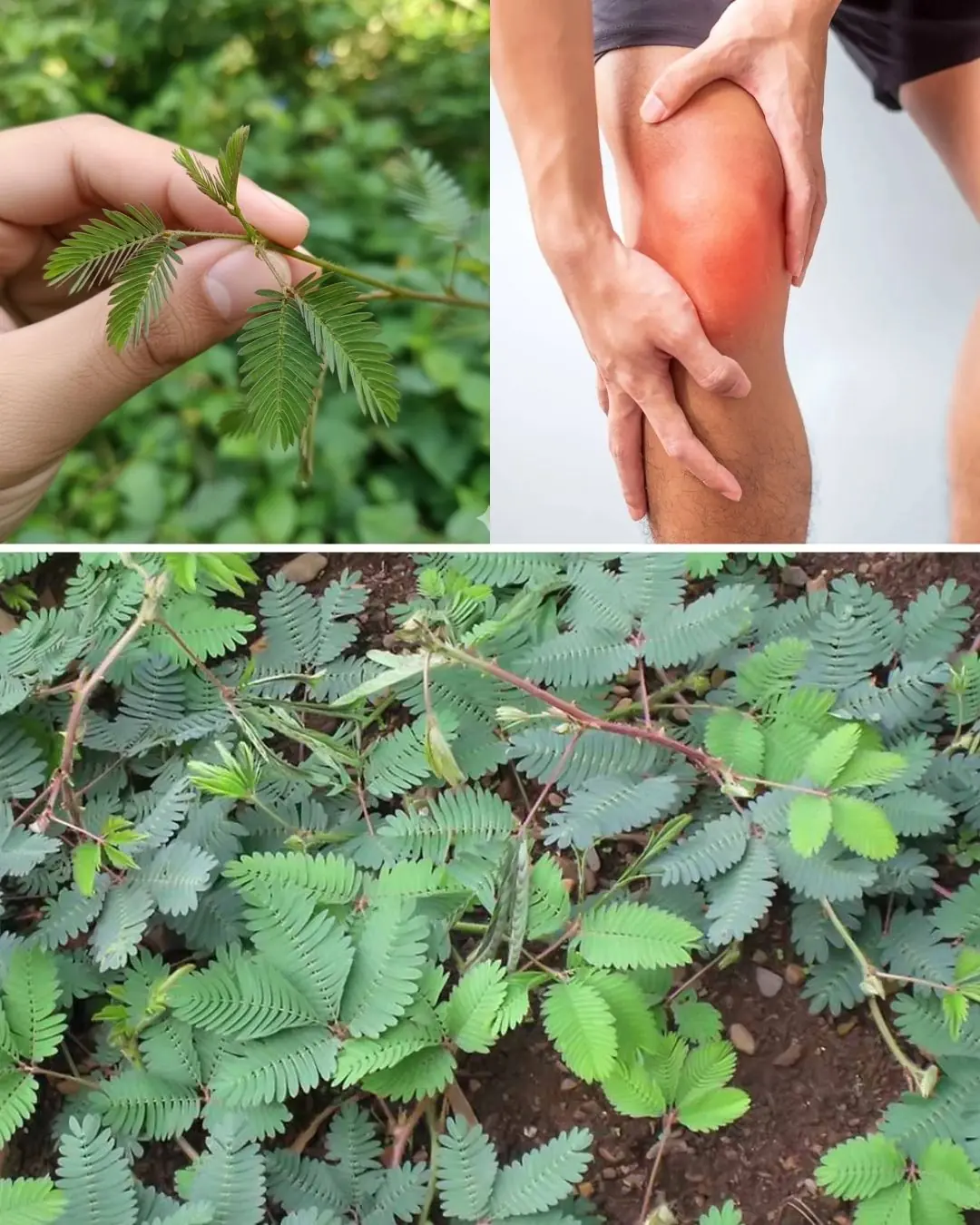
Mimosa Pudica Tea: How to Prepare and Health Benefits
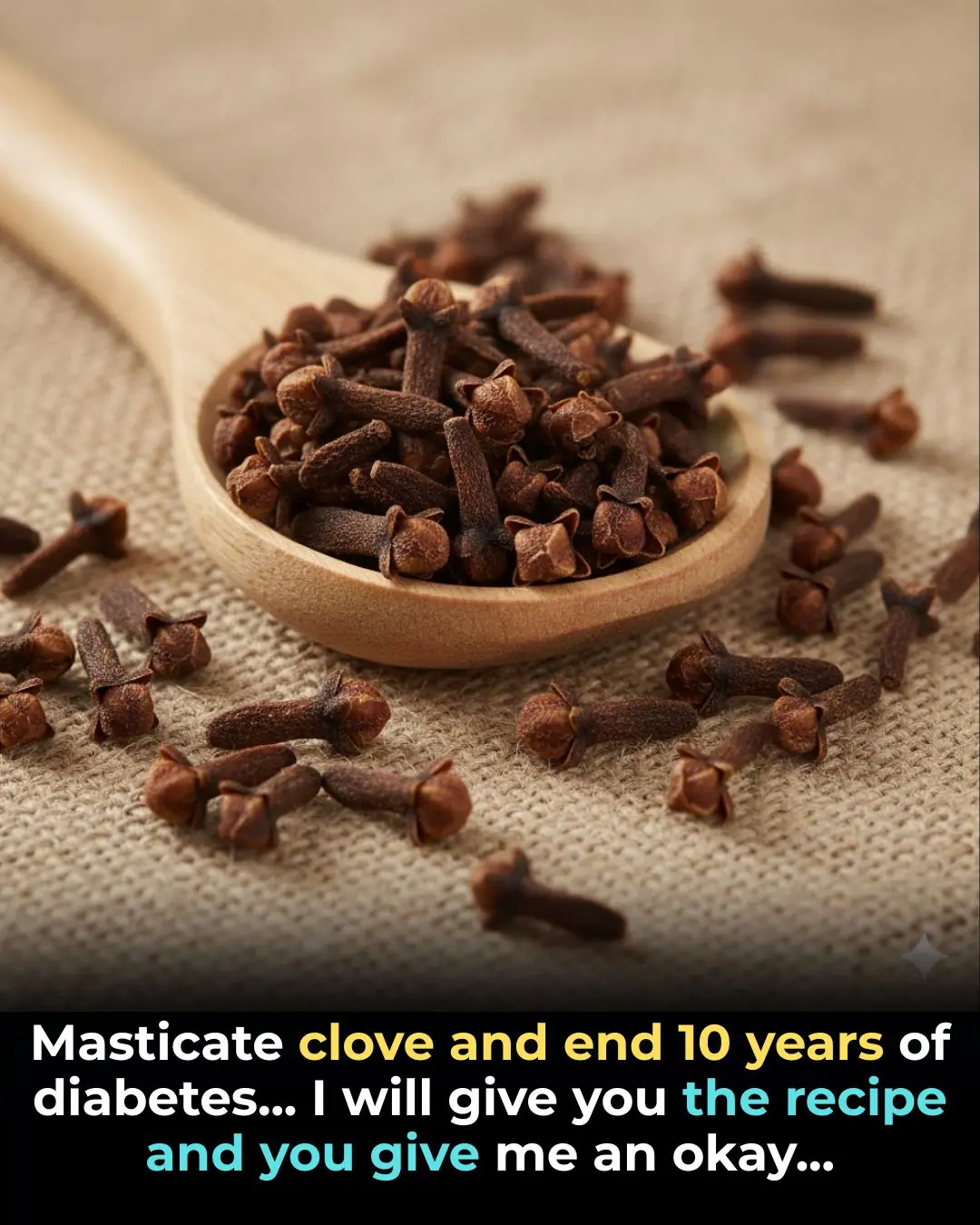
🌿 20 Gentle Benefits of Chewing Clove Daily — The Ancient Spice for Modern Wellness

Put a Bay Leaf in Your Socks: The Surprising Pain-Relief Remedy You Need to Try
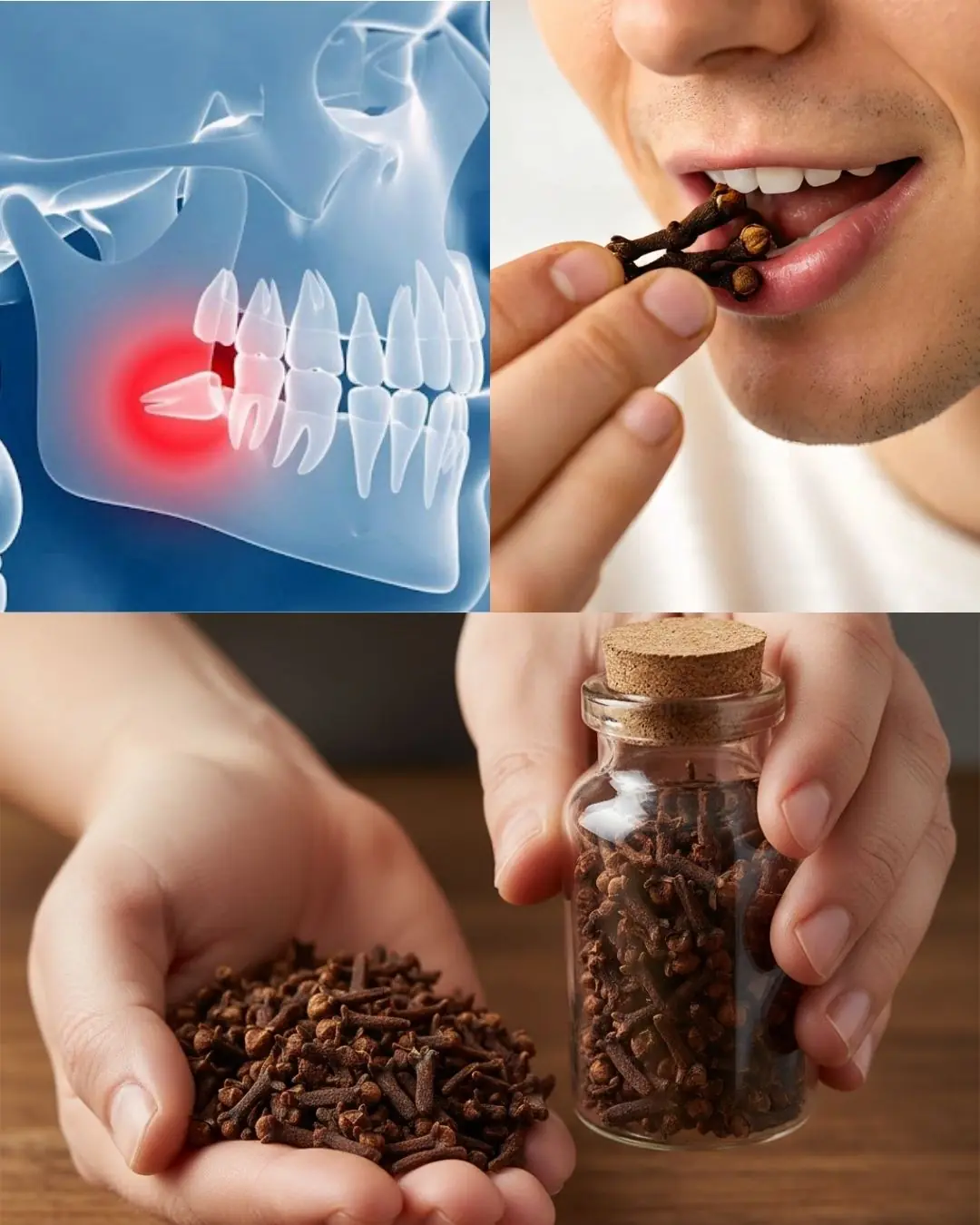
Holding Cloves in Your Mouth: A Natural Way to Relieve Toothache
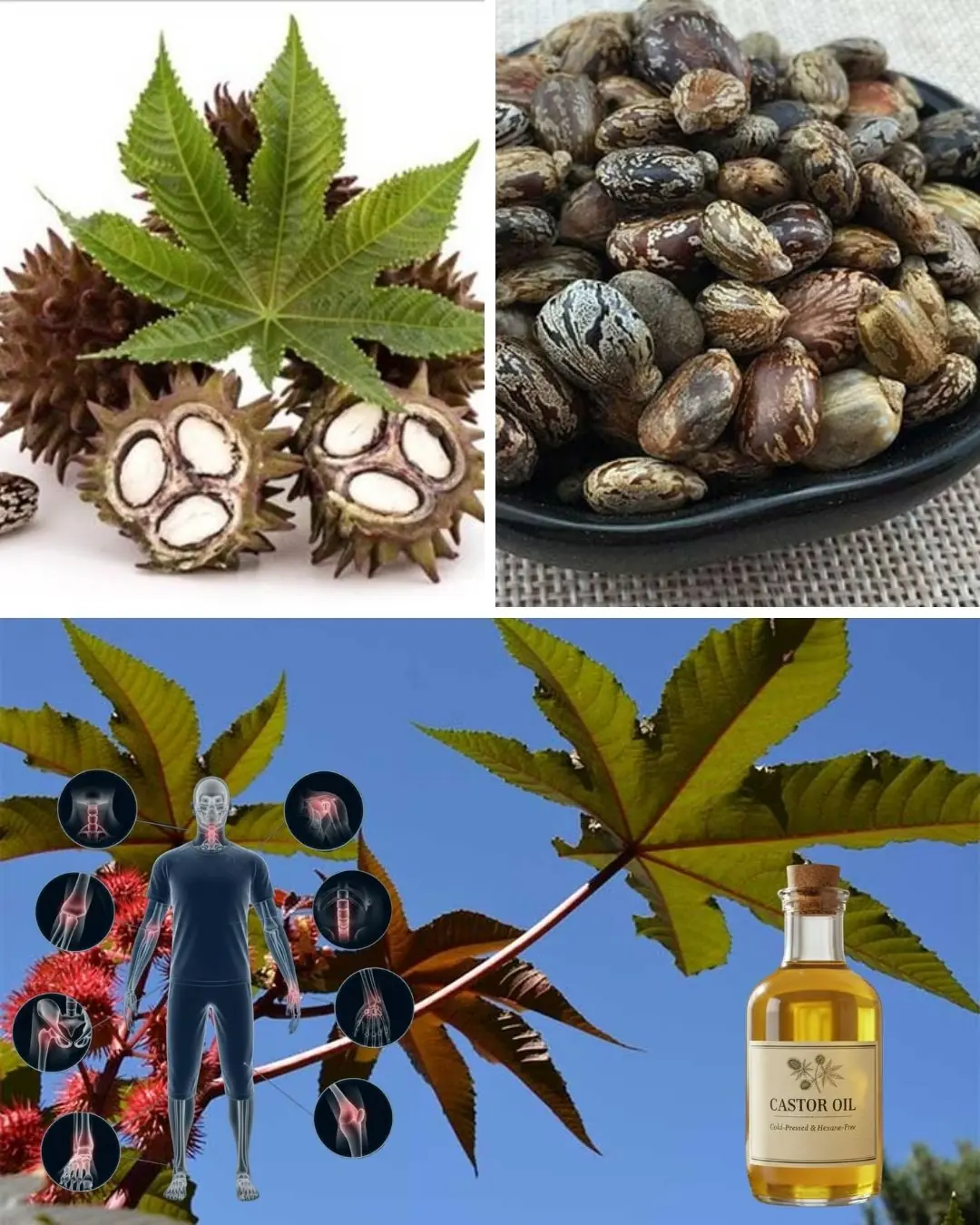
7 Benefits and Uses of Castor Oil
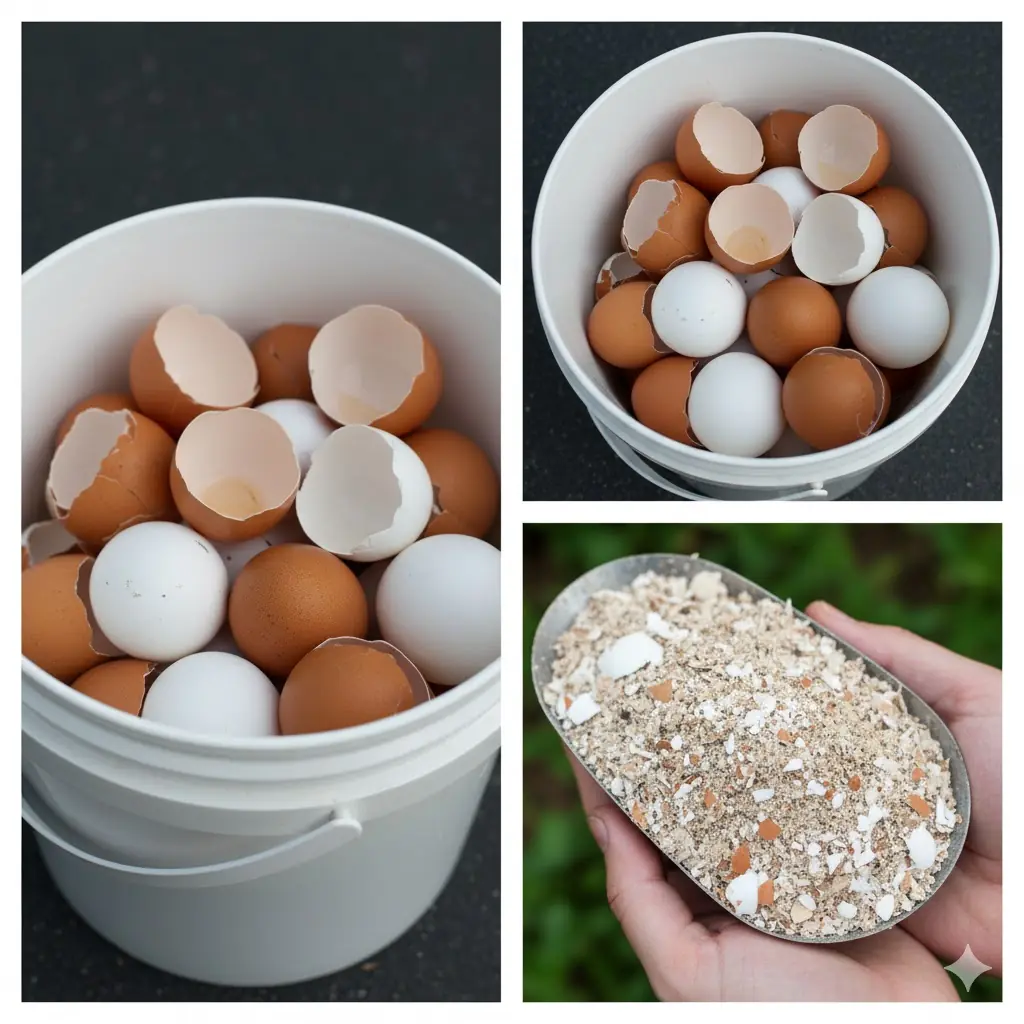
Boil eggshells and say goodbye to the …
News Post

Top 10 Uric Acid Foods To Avoid If You Have Gout

Belgium’s Floating Algae Mats: A Green Breakthrough in Urban Water Purification

France Reimagines Shelter Boundaries With Community Corn Walls

5 Simple Ways to Remove Rust from Knives – Make Your Dull, Rusty Knife Shiny and Sharp Again
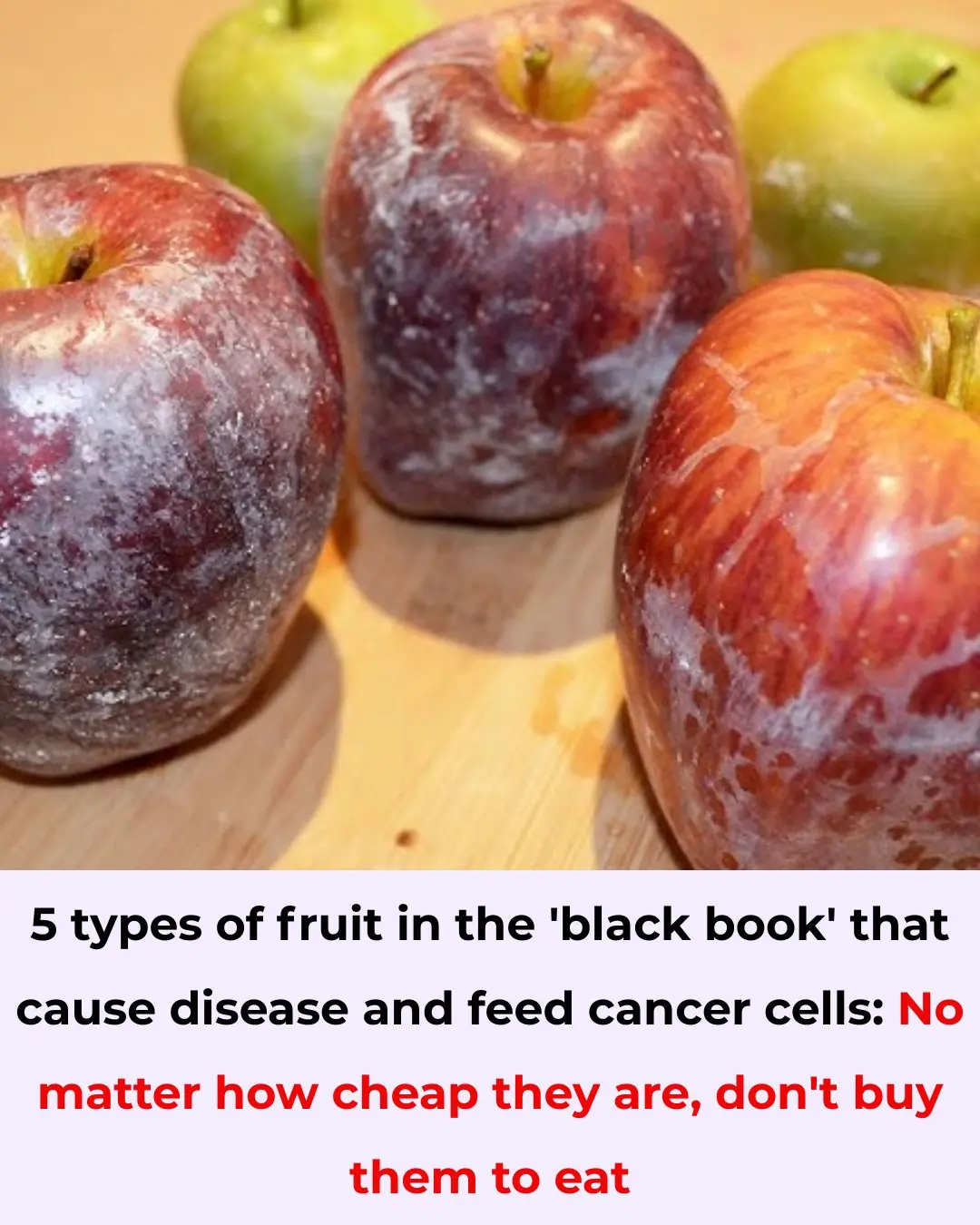
5 Fruits on the ‘Blacklist’ That Can Cause Cancer – Avoid Buying Even If Cheap

“New Research Reveals How Aging Impacts Male Fertility and Sperm Health”

Pork Skin – The Often Overlooked Superfood

Don’t Throw Away Lemon Peels! Use Them for These 8 Household Tasks and Save a Ton of Money

10 surprising ways to use vinegar around the house

Stop eating these 10 things of CRAP

Mix Banana Peels With This and Leave It in a Corner — Roaches Will Disappear Overnight

Discover how eggs support your baby’s brain development — full details in the comments!”

Weak Toilet Flush and No Suction? A Simple Trick From a Professional That Fixes It Instantly

Five “Dirtiest” Parts of the Pig That Butchers Never Take Home for Their Own Families

Blueberries: A Powerful Daily Boost for Heart Health
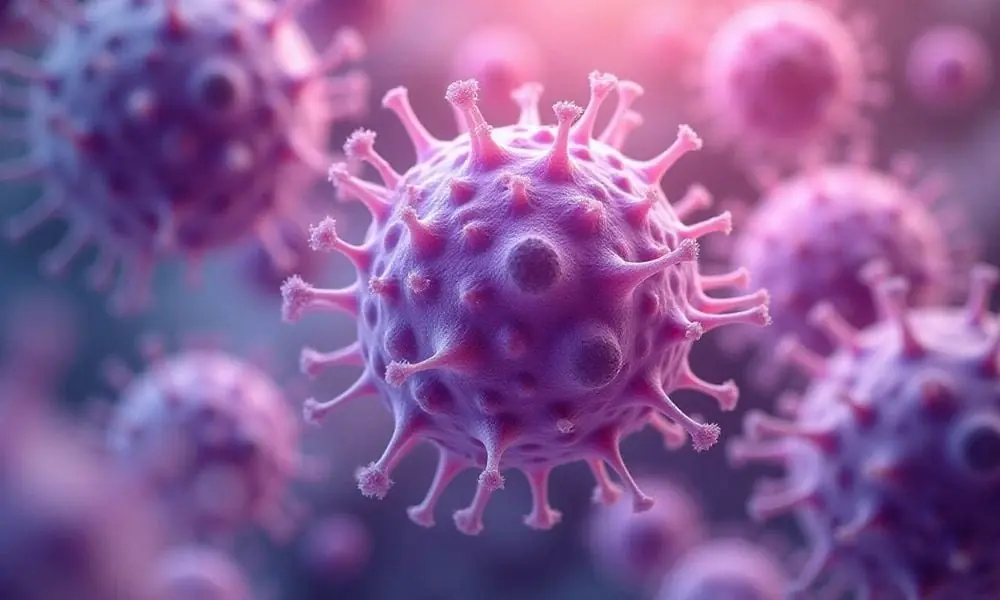
The Whole Family of Three Was Diagnosed With Thyroid Nodules; the Mother Collapsed: “I Thought Those Two Things Were Always Good to Eat and Could Prevent Cancer”

Motherhood Rewires the Brain: Why Postpartum Recovery Takes Years, Not Weeks

Eating More Than One Egg a Week May Slash Alzheimer’s Risk by 47%

CRISPR Breakthrough Offers Hope for a Potential HIV Cure
